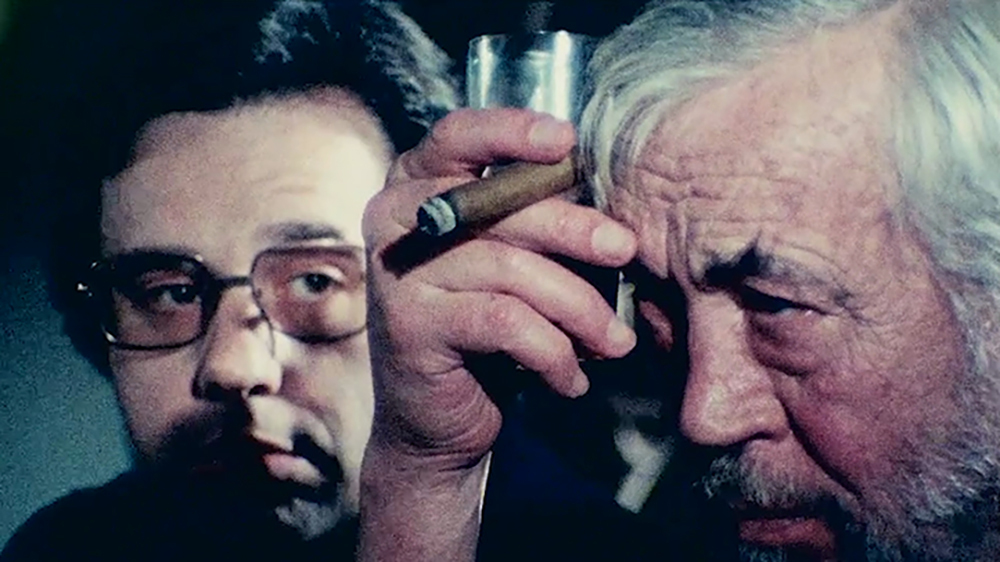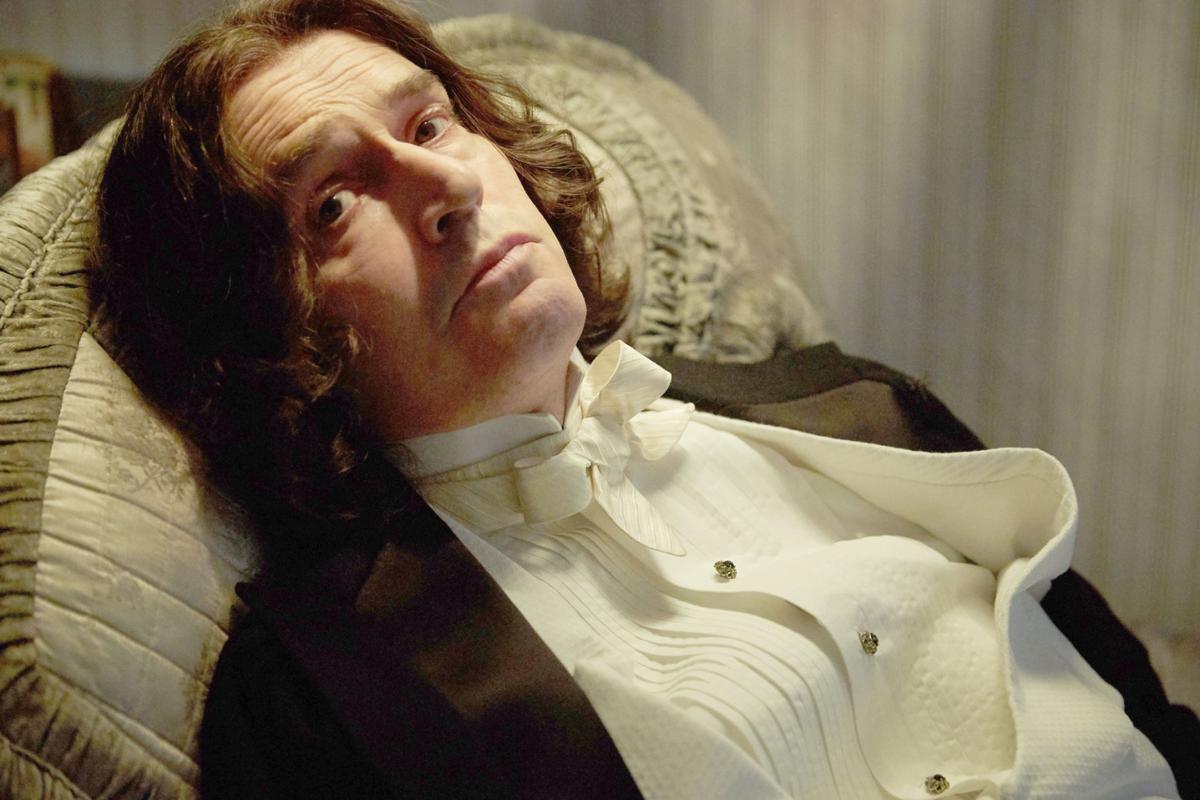Can You Ever Forgive Me?
by Hope Madden
People forget that Melissa McCarthy was nominate for an Oscar. It’s a stiff year for female leads, but she might just nab another nom for her turn as a misanthropic writer in the true story, Can You Ever Forgive Me?
A one-time best seller, author Lee Israel (McCarthy) is feeling her shelf life. Unwilling to conform to any kind of expectations—particularly those placed on females in the publishing industry—she finds herself facing the reality that no one wants a book on Fanny Brice, and no one wants a book by Lee Israel.
McCarthy’s socially inept and down-on-her-luck biographer sits in a dingy bar midday, drinking away her unemployability, her cat’s illness and her writer’s block when in beams a boozy ray of sunshine disguised as upbeat alcoholic hustler Jack Hock (Richard E. Grant).
It’s here that director Marielle Heller’s film hits its stride. McCarthy’s energy, her dimples and her infectious good nature have buoyed any number of mediocre films. But here, she carves a low key, solitary figure unable and unwilling to open up. It’s a fascinating about-face for McCarthy.
Set Israel’s curmudgeonliness against the unbridled zeal and charm Grant brings to his character, and a compelling odd-couple-on-the-skids is born.
To pay her bills and exercise her talent, Israel begins forging letters from literary icons and selling those forgeries at bookshops across New York. The wondrous respect this film has for writers, for the written and spoken word, and the nostalgia it has for a past when those elements were likewise revered generates a lovely, literary atmosphere.
Co-writer Nicole Holofcener again subverts ideas of entitlement and self-destruction with a screenplay so full of empathy it’s impossible to dislike the deeply unpleasant Israel.
A great deal of that success, of course, comes from McCarthy’s authenticity. The performance is nuanced and understated, as is the entire film, and aching of self-inflicted loneliness. She creates an believable and yet unusual character—one who embarks on a deeply strange yet somehow fitting journey.
The story of Lee Israel offers a weirdly optimistic if cautionary tale for misfit women. It’s also a great reminder that Melissa McCarthy can really act.









